Leading change
‘Decolonising the university’ has become too common
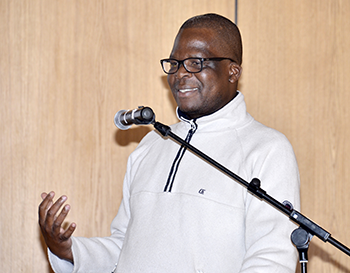
Prof Sabelo Ndlovu-Gatsheni (Director: Scholarship, Change Management Unit, Unisa)
“The expression ‘decolonising the university’ has become too common nowadays. What is still lacking is a clear understanding of what ‘decolonising the university’ means and where the process of decolonising should start. We also need to understand the efforts that have been put into the agenda of decolonisation so as to avoid falling into the same trap,” said Prof Sabelo Ndlovu-Gatsheni, Director of Scholarship at Unisa’s Change Management Unit.
Speaking at a Leading Change presentation on 5 July 2017, Ndlovu-Gatsheni’s presentation was entitled The long struggle for an African university and the unfinished business of decolonisation.
Through his presentation, Ndlovu-Gatsheni mapped out the long history of the emergence of ‘university in Africa’ while at the same time examining the trials and tribulations of the long African struggles for an ‘African university.’
“While many existing studies, historically and conceptually, locate the origins of the university as an institution in medieval Europe, through the Renaissance and Enlightenment right up to its current corporate identity, there is need to shift the paradigm a bit and locate the struggles for an ‘African university’ within the broader context of African liberation struggles, the search for modern African identity, and autonomous African development,” argued Ndlovu-Gatsheni.
The struggle for African developmental university
Ndlovu-Gatsheni pointed out that the dawn of African political independence in the 1960s was accompanied by intensified struggles to transform/Africanise/decolonise the ‘university in Africa’ into an ‘African university’. “At its deepest level, this struggle entailed the formulation of a new philosophy of higher education informed by African histories, cultures, ideas, and aspirations as well as a fundamental re-definition of the role of the university. But to achieve this decolonial objective, there was need to navigate carefully not only the imperatives of ‘standards’ set in Europe and the African local imperatives of the ‘social function’ of the university but also the dangers of ‘inward’ looking at the expense of the universal aspect of knowledge,” he said.
For the decolonisation of knowledge to take place, Ndlovu-Gatsheni believes it is important for ‘disciplinary decadence’ to die. “This death must take the form of a discipline suspending its own centring because of a commitment to questions greater than the discipline itself.”
Ndlovu-Gatsheni urged that African academics take four concrete steps in this struggle for decolonization. “At first they have to secure Africa as a legitimate epistemic base from which to look at the world. As Ngũgĩ wa Thiong’o warned, African academics cannot afford to be intellectual outsiders in our own land. We must reconnect with the buried alluvium of African memory—that must become the base for planting African memory anew in the continent and the world.”
Secondly, he said that African academics have to consistently shift the geography and biography of knowledge because what masquerades as ‘global knowledge’ has a hegemonic centre, which is Europe and North America—that centre had to be moved so as to privilege Africa-centred knowledge.
Thirdly, he explained that African academics have to invest in ‘rethinking thinking itself’ as part of launching epistemic disobedience to Eurocentric thinking. They have to embrace the idea that all human beings are born into valid, legitimate and functional knowledge systems as part of launching epistemic disobedience.
“Finally, African academics must be true to themselves and accept that they are products of very problematic ‘Westernised’ universities and consistently open up to the painstaking but decolonial process of ‘learning to unlearn in order to relearn.’ These four processes must underpin the current initiative of ‘doing decolonial change’” said Ndlovu-Gatsheni.
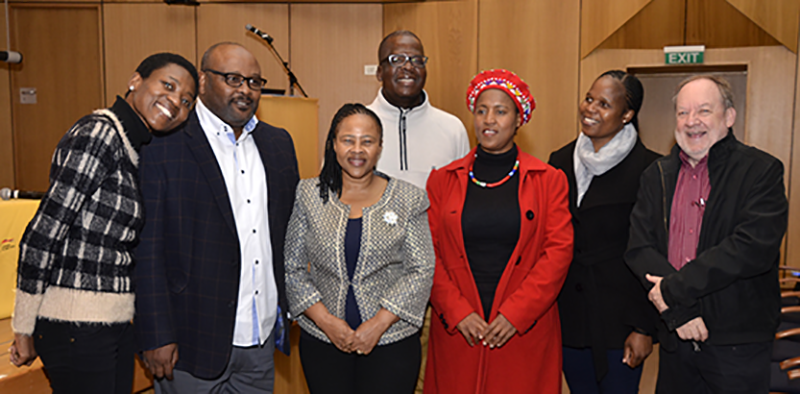
*By Kirosha Naicker
Publish date: 2017-07-06 00:00:00.0


 Unisa honours Dr OK Matsepe's enduring legacy
Unisa honours Dr OK Matsepe's enduring legacy
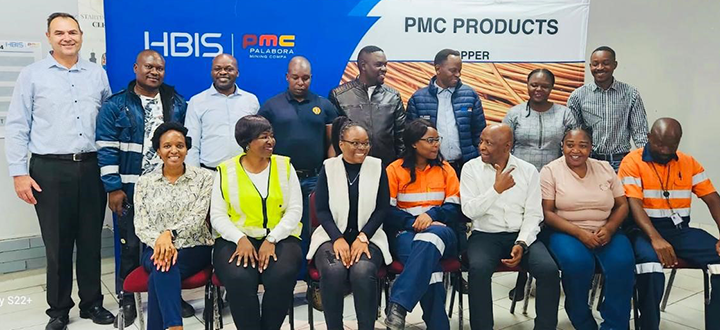 Great strides towards concretising Unisa-PMC partnership
Great strides towards concretising Unisa-PMC partnership
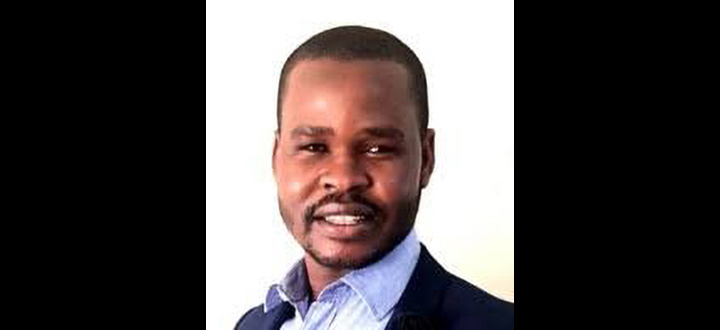 Mental health among men in the workplace needs more attention
Mental health among men in the workplace needs more attention
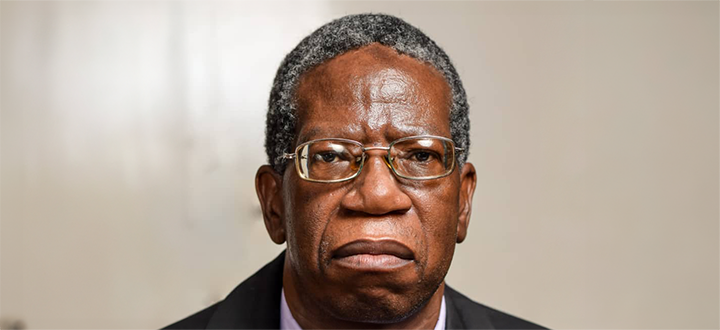 "I owe everything to Unisa and my late supervisor's priceless mentoring"
"I owe everything to Unisa and my late supervisor's priceless mentoring"
 Majikijela - a queer scholar raising homosexuality awareness through his work
Majikijela - a queer scholar raising homosexuality awareness through his work